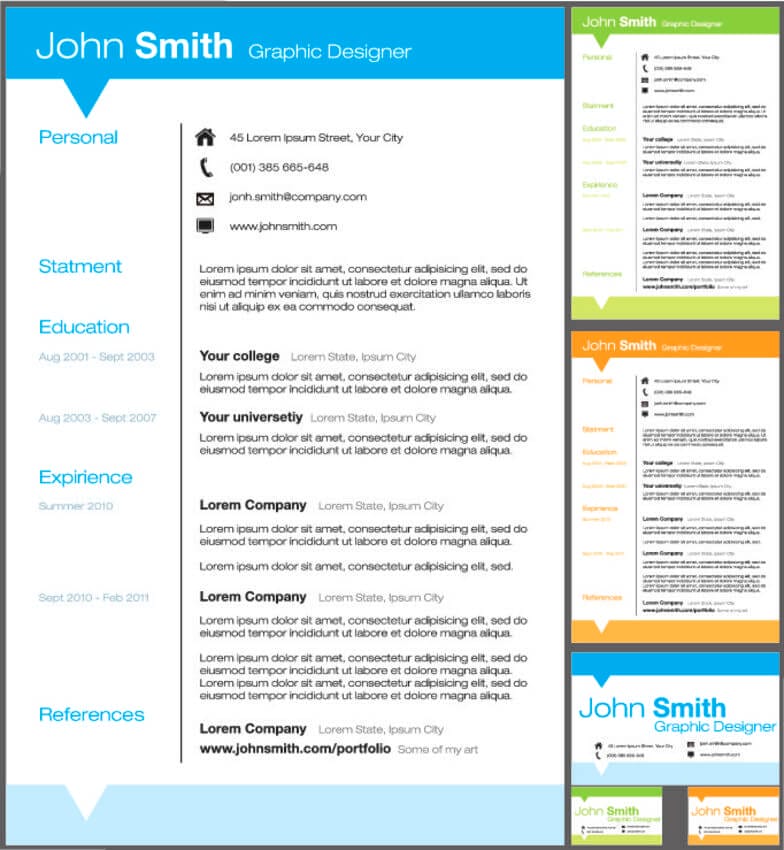Your shopping cart is currently empty!
For their successful, good life Information you really need: Government-funded publisher, awarded the Global Business Award as Publisher of the Year: Books, Magazine, eCourses, data-driven AI-Services. Print and online publications as well as the latest technology go hand in hand - with over 20 years of experience, partners like this Federal Ministry of Education, customers like Samsung, DELL, Telekom or universities. behind it Simone Janson, German Top 10 blogger, referenced in ARD, FAZ, ZEIT, WELT, Wikipedia.
Disclosure & Copyright: Image material created by Verlag Best of HR – Berufebilder.de®.
Teamwork time management risk analysis: overcoming fear makes you productive
By Simone Janson (More) • Last updated on October 26.01.2024, XNUMX • First published on 12.05.2020/XNUMX/XNUMX • So far 5390 readers, 1801 social media shares Likes & Reviews (5 / 5) • Read & write comments
What does extreme sports have to do with the job? Much! Because with both you have risks and Anxietythat you have to learn to deal with. And on the Team spirit it matters Both make you productive.

- Taking risks releases productive forces
- Fear of obstacles that you cannot see
- How to overcome fears and deal with risks: 4 tips
- Conclusion: What do you learn when you overcome your fears?
- Top books on the subject
- Read text as PDF
- Advice on success, goal achievement or marketing
- Book eCourse on Demand
- Skate eBook as desired
Taking risks releases productive forces
Taking risks, daring unexpected things often releases unexpected productive forces in the end. At least, that's how I felt when I was doing canyoning in Canada - in Baie-Saint-Paul in the Canadian province of Quebec.
Wikipedia writes about canyoning that it is walking a canyon from top to bottom. This is a gross understatement: In fact, we climbed down, secured by a rope, a rock over which a waterfall flowed.
Fear of obstacles that you cannot see
It is just like in real life in canyoning: The climbing tour is made more difficult by the fact that you cannot see the rock under the water, that the stones are slippery - and of course that water constantly comes from above. We still had a simple tour suitable for beginners.
And yet: I was afraid. I am not an extreme athlete, not even very athletic. I enjoy hiking, kayaking and jogging recently, but I have never climbed before. I probably wouldn't have done it voluntarily, but it was part of the program, so I thought “Don't be a frog”.
How to overcome fears and deal with risks: 4 tips
The books on the subject (advertising)
What was interesting for me were the self-experiences, which in my opinion also apply to normal professional life Everyday life let transfer. I would like to explain this in the following 4 points.
- Complex planning - the hardest part is getting to the start: Our guide Valérie said right from the start that the hardest part was getting to the starting point at all. I didn't believe her, but looking back, she was right. We first had to walk along a railway line (after all, trains don't come as often in Canada) and then climb a steep path. We were not secured with ropes. The subsequent actual climbing tour was easy. I can transfer that to everyday life: preparing for something is often more complex and difficult than actually carrying it out. And on many occasions during this phase we are more afraid than absolutely necessary, which can be an obstacle to the implementation of projects.
- Trust wins - whoever lets himself down achieves more: One of the most amazing experiences I've had while canoying is that when I relax and let myself fall into the rope, I can achieve more and get down better. You think you should have as many parts of your body on the rock as possible, hold on with your hands and feet. The opposite is the case: you take a quasi-seated posture, your legs stretched out against the rock, and then climb down on the rock with your feet. It takes a lot of effort to let yourself fall into the rope - with your hands on the rope, of course, and a certain amount of body tension. Nevertheless, it is much easier than if you stick fearfully to the rock. I learned one thing from this: With all the constant stress and all the fears that storm in on us every day, we should simply relax more often and let things go.
- Routine is everything: While I always carefully examined the climbing routes, our guide Valérie quickly climbed over the slippery stones like a weasel, as if she had never done anything else. I have realized how important routine is in such situations: it leads to more security and less fear. You just have to be careful not to tempt her to become frivolous again because you feel too safe.
- Healthy selfishness is better for the team: We climbed in a group of five and, to be honest, I was a little scared of stopping the others, who all had more experience. Therefore, at one point I hurried a little, slipped, slipped - and already it hit me against the rock. Fortunately, nothing happened except for a scraped elbow. Nevertheless, at that moment I learned that too much consideration for others can sometimes be harmful for the entire team - in the case described, it took longer. It is important to correctly assess your own abilities and weaknesses, not to let yourself be rushed and to take the time it takes to achieve the best result for everyone.
Conclusion: What do you learn when you overcome your fears?
Overall, on my canoyning tour, I learned that it is a valuable experience to overcome your initial fears and skepticism and to try something new.
Various factors then help to improve the Objective get. Overcoming fears makes you productive and leads to better results, as I've found.
Top books on the subject
Discounts for your success (advertising)!
Read text as PDF
Acquire this text as a PDF (only for own use without passing it on according to Terms and conditions): Please send us one after purchase eMail with the desired title supportberufebilder.de, we will then send the PDF to you immediately. You can also purchase text series.
4,99€Buy
Advice on success, goal achievement or marketing
You have Ask round to Career, Recruiting, personal development or increasing reach? Our AI consultant will help you for 5 euros a month – free for book buyers. We offer special ones for other topics IT services
5,00€ / per month Book
Book eCourse on Demand
Up to 30 lessons with 4 learning tasks each + final lesson as a PDF download. Please send us one after purchase eMail with the desired title supportberufebilder.de. Alternatively, we would be happy to put your course together for you or offer you a personal, regular one eMail-Course - all further information!
29,99€Buy
Skate eBook as desired
If our store does not offer you your desired topic: We will be happy to put together a book according to your wishes and deliver it in a format of yours Choice. Please sign us after purchase supportberufebilder.de
79,99€Buy
Here writes for you
 Simone Janson is publisher, Consultant and one of the 10 most important German bloggers Blogger Relevance Index. She is also head of the Institute's job pictures Yourweb, with which she donates money for sustainable projects. According to ZEIT owns her trademarked blog Best of HR – Berufebilder.de® to the most important blogs for careers, professions and the world of work. More about her im Career. All texts by Simone Janson.
Simone Janson is publisher, Consultant and one of the 10 most important German bloggers Blogger Relevance Index. She is also head of the Institute's job pictures Yourweb, with which she donates money for sustainable projects. According to ZEIT owns her trademarked blog Best of HR – Berufebilder.de® to the most important blogs for careers, professions and the world of work. More about her im Career. All texts by Simone Janson.














![Background knowledge of professional liability: Liability risks for freelancers and self-employed [+ checklist] Background knowledge of professional liability: Liability risks for freelancers and self-employed [+ checklist]](https://e68zy2pxt2x.exactdn.com/wp-content/uploads/2013/haftungs-risiken.jpg?strip=all&lossy=1&ssl=1)



Post a Comment